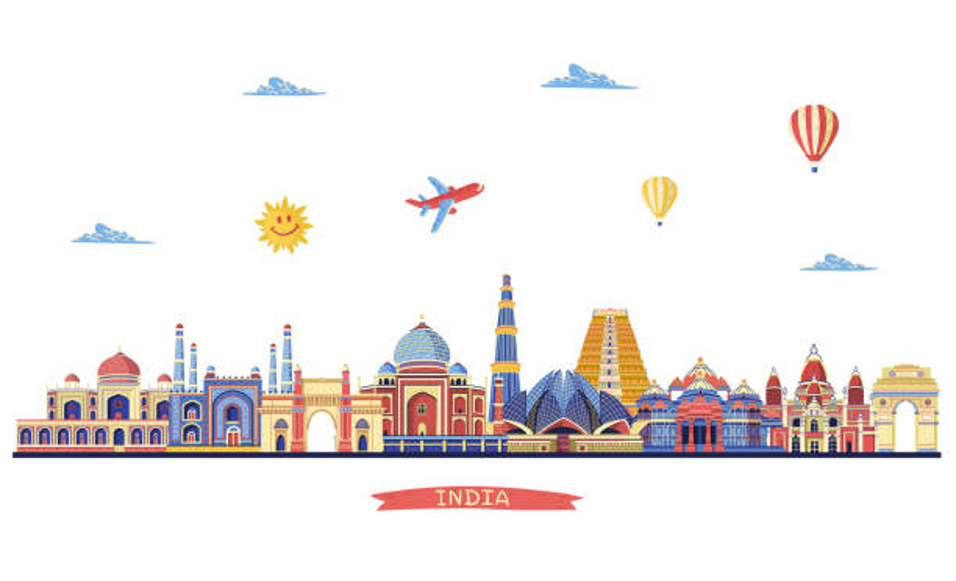
Written by Bhavya Bhardwaj
In the recent past, various attempts have been made to promote the idea of a ‘singular’ national identity for the citizens of India by the ruling party. The emphasis on measures such as ‘one nation, one language’, ‘single’ national test for admissions to central universities, ‘one nation, one health card’ and so on testify to this . These attempts have met with ‘strong resistance’ by the inhabitants of different States and have been naturally perceived as an imposition of the dominant culture on the ‘regional identity’ of citizens. Consequently, people from various States took to streets to undermine the significance of their unique regional culture and the importance it holds for them in the larger ‘identity’ debate.
These events have reignited the search for a contemporary Indian identity that would appropriately reflect the ‘collective histories’ of the citizens in this country.
India is a vastly diverse and multicultural nation. While the rich diversity that the nation has been bestowed with, in terms of history, culture, biodiversity, landscapes etc. has been seen as one of its important strengths, yet at the same time, it posed a big challenge for the founding fathers to offset the tremendous ‘regional differences’ in favor of establishing a ‘common’ national identity. The shared struggles and memories of a brutal colonial past compelled the masses of the subcontinent to rediscover their common heritage and take pride in that. It was recognized and highlighted by many poets and scholars alike, that in spite of the evident diversities, there is a similar running thread across cultures and regions, and there are perceptible similarities in the way of life, values and norms shared by people.
After independence, the idea of India was envisioned as the ‘Union of States’ where the distinctive history, traditions and peculiarities of a particular culture were accorded due constitutional recognition and respect. The hope was that the ‘civic identity’ promoted by the constitution, based on the cherished ideals of liberty, equality, fraternity, justice etc. would subsume the massive regional and cultural diversity. In this sense, the construct of a national identity was based on an ‘assimilating logic’ and it was seen as a ‘melting pot’ where the apparent ethnic, religious, cultural and racial differences would be subsumed by the shared identity of a citizen. The construction of this ‘civic identity’ was important because the vast diversity that spans the length and breadth of India needed a ‘cohesive construct’ to overpower the subcultural differences.
The propagation and promotion of this construct was considered necessary to instill a sense of shared belongingness within the fellow countrymen. Thus at best, Indian national identity was a fusion of distinctive cultural beliefs and modern ideas espoused by the Constitution. The idea of ‘concentric identities’ for an Indian was an undeniable reality and people chose to emphasize on their regional and national identities as per the issue and their suitability.
The efforts by the ruling dispensation to overpower this apparent reality of ‘concentric identities’ for an Indian and instead promote a ‘core identity’ in its place, has opened a pandora box of questions, doubts and resentment. Thus, the ‘unilateral’ effort to contest, challenge and change the definition of what it means to be an Indian, has for all the right reasons, met with ‘collective’ resistance, as the promise of ‘Union of States’ was always based on equal negotiations, exchange of opinions and dialogue.
Source: istockphoto.com
The views expressed in this article are those of the author and do not represent the stand of Youth in Politics.

Leave a Reply